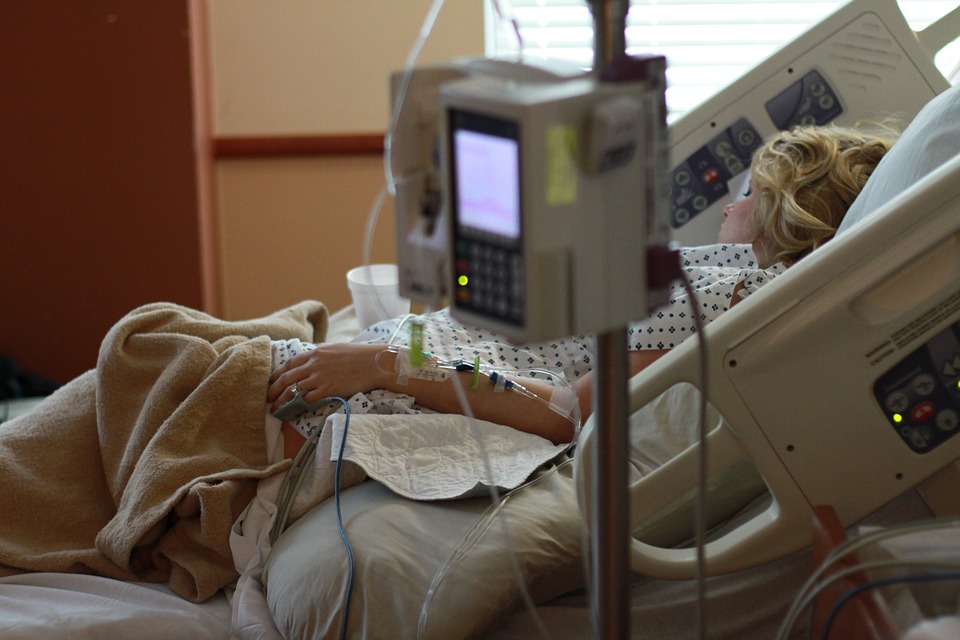When in the hospital for serious medical issues you will likely need to be on certain medications. This could be to stop the worsening effects of a medical emergency. It may also be prescription medications to prevent serious medical issues – such as blood thinners to prevent a stroke. Medical malpractice cases can arise in these scenarios when the hospital staff gives you the wrong prescription medication, or forgets to give you your required prescription medication. This is especially so when you are given a medication that is contraindicated (an indication that a particular drug should not be given to you) because of your current condition.
How Do You Prove A Doctor Or Hospital Staff Is Liable For Medical Malpractice?
Proving liability in this kind of medical malpractice lawsuit means proving that the doctor or hospital staff treating you was negligent in giving you a certain medication, or failing to give you required medication. To do that, you need to establish:
- What the medical standard of care was under the circumstances
- How your doctor failed to meet the standard of care, and
- How you were harmed as a result.
The medical standard of care is the first thing that needs to be established, usually by an expert with experience in the same medical field as your doctor. The medical standard of care is often defined as the type and level of care that a doctor with the same training and experience would provide under similar circumstances in the same community. This is the yardstick against which you measure your doctor’s decision to prescribe the medication in question, and his or her conduct in connection with that decision.
Next, you would need to show (again, usually with the testimony of an expert witness) precisely how your doctor failed to meet that standard of care when treating you. What exactly did your doctor do (or fail to do) that was not in line with the proper course of conduct under the circumstances?
Finally, you have to prove that the medication caused an injury, that is, it caused new health problems, or made existing health problems worse.
What Are Common Mistakes Hospital Staff Make When Administering Medication?
There are many ways in which the hospital staff could make mistakes with your medication. Here are a few of the most common examples:
- Gives medication with the wrong dosage.
- Poor communication between hospital staff leading to the wrong medication or dosage of a medication being given.
- Giving incorrect instructions for taking the medication.
- Confusing one patient’s chart with another patient’s chart.
- Giving the medication for an extended length of time without realizing it.
- Giving medication that contains ingredients to which the patient is allergic.
- Giving medication that is contraindicated with other medications the patient is taking.
- Giving medication that will harm the patient because of the patient’s other underlying medical conditions.
- Giving a medication that is ineffective and causes the patient’s underlying and untreated condition to worsen.
- Failing to relay a drug manufacturer’s warning of risks and side effects to the patient, which is needed in order for the patient to make an informed decision.
There could be other, outside, negligence that leads to you or a family member getting the wrong medication as well. An example is a misdiagnosis of your injury or illness resulting in you getting medication meant to treat the incorrect condition you were diagnosed with, and not receiving the proper medication to treat your actual, missed, condition.
If you believe that there were medication errors in the treatment of you or a family member at a hospital, The Thistle Law Firm is experienced in these claims and can help you understand your legal options and answer your questions at 215-525-6824.


